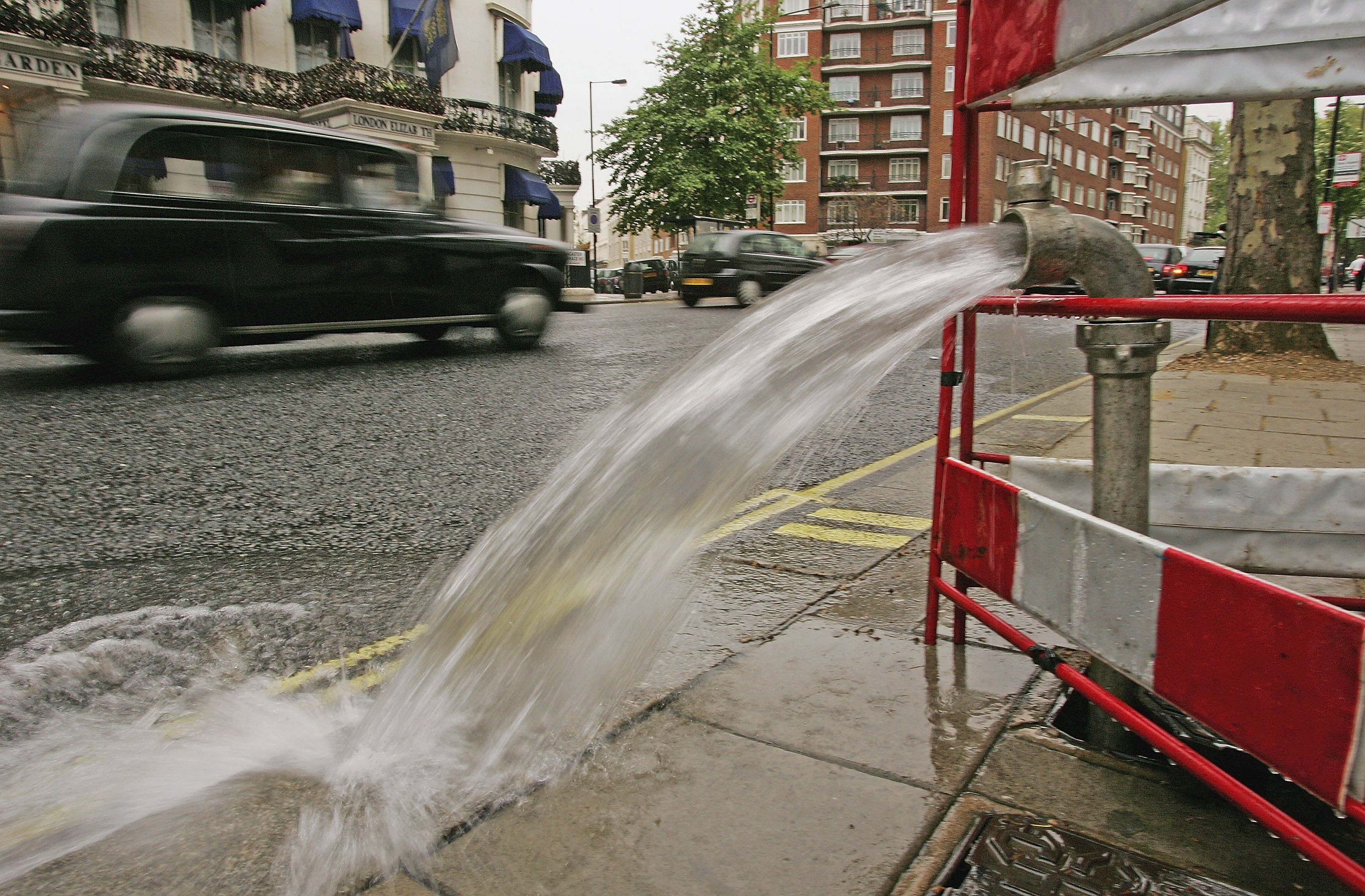Soldato
- Joined
- 11 May 2007
- Posts
- 9,082
- Location
- Surrey
Mr Bliar, sorry Blair, was a Tory-lite, not a true Red.That nice Mr. Blair had 11 years to re-nationalise it and didn’t.
I‘m not excusing privatised utilities or strategic industries as that’s always been a horrifically bad idea.



